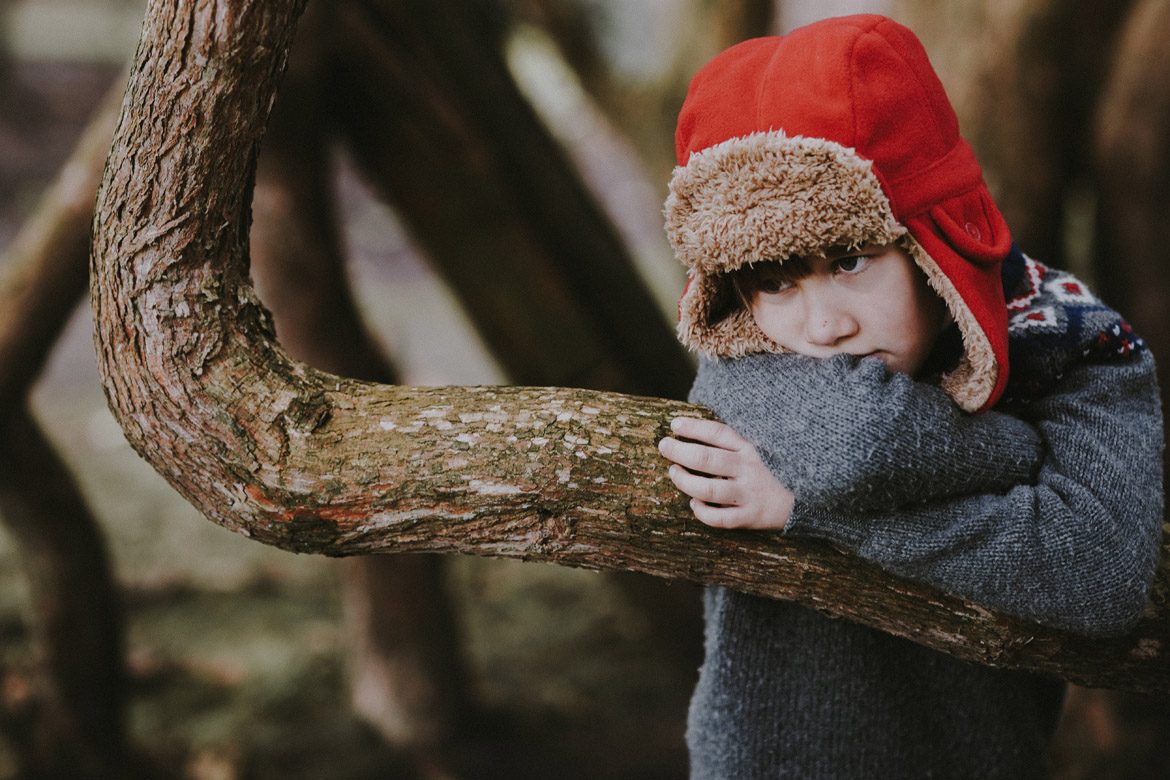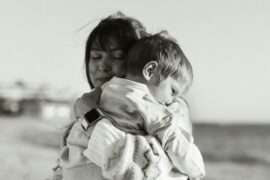20 Signs Your Child May Be Anxious:
- Chronic or ongoing complaining of tummy aches, headaches or feeling sick.
- Loss of appetite.
- Unable to fall asleep at night.
- Reluctant to leave the house or try new things.
- Overly worried or expresses concern about everyday activities you wouldn’t expect them to be worried about.
- Behavioural issues or outburst such as temper tantrums.
- Needs every little detail about upcoming plans or activities well in advance.
- Hypersensitivity to foods, smells, clothes or environments.
- Skin issues/sensitivity.
- Gut or digestive issues.
- Inexplicable illness or very low immunity.
- Low adaptability to different situations/environments.
- Does not like being out of control.
- Does not deal well with being out of routine or surprises.
- Tense body or tightly curled up hands or feet when upset or when falling asleep at night.
- Inexplicable tears.
- Saying they feel sad but they don’t know why.
- Gets visibly upset or wound up about being late or thinking they are late for school, etc.
- Saying they don’t want to do activities they would normally enjoy such as going to birthday parties, etc.
- Appears withdrawn, sullen or quieter than usual or appears worried a lot of the time.
Anxiety is hard to explain, even adults can struggle to identify what it is, when it started and how it affects them. For children, it can be even more confusing because it is hard to explain this abstract phenomenon. It is often easier for children to link it to a physical issue or pain as it is easier to describe, such as having a sore tummy or headaches. It also makes it easier for them to explain why they don’t want to go to school, or to any other activity that may be making them anxious and they don’t know how to explain why.
The physiology of how anxiety manifests in the body and the stress it causes the child can lead to the very real experience of recurring illness that requires them to repeatedly see a doctor, or for the parents to wonder if the child is really sick or not. Outward symptoms such as flare ups of skin irritation or allergies, nausea and vomiting or near-constant cold- or flu-like symptoms can also occur. This is a very real experience of the body and reinforces to the child that something is wrong or that they are not OK.
The above is a list of common presentations I see of children of any age with underlying anxiety, including toddlers. It is not a complete list, nor do all or some of these symptoms mean that your child is necessarily anxious. It is often the cumulative build up of the effects of anxiety that creates these outward signs and behaviours as the child looks for a coping mechanism.
See next page for the rest of the article…











